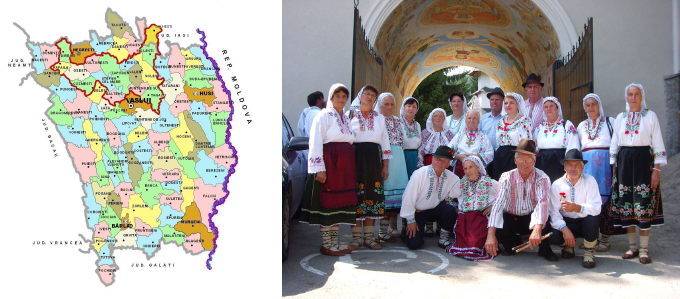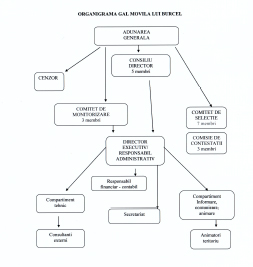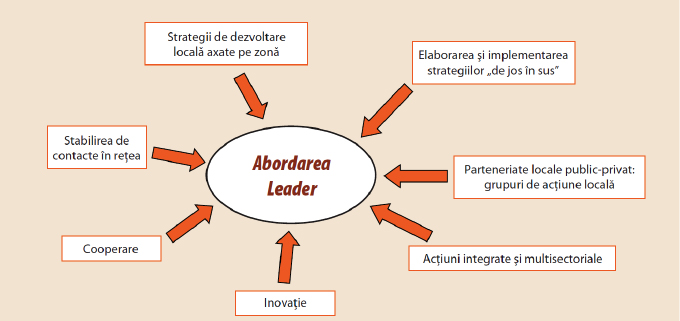LEADER Axis and Local Action Groups
27th September, 2013
Contributor: Vaslui
GAL “Movila lui Burcel”
Local Action Group “MOVILA LUI BURCEL VASLUI NORD” is a public-private partnership, established in 2010 as a non-profit association of private law, apolitical, aimed at social and economic development of rural member communities having as members:
- 16 communes (local councils)
- 10 nongovernmental organizations (of which 6 Association of Animal Breeders, two cultural associations, 1 Environmental Civic Association and one Cult organization)
- 20 private companies, working in agriculture, forestry, manufacturing, services, trade and business consulting
- Two individual farmers.
At LEADER selection of projects November 2010, the draft prepared by LAG was selected for funding, being allocated 2.415.00 Euro, as budget available for the proposed projects within LAG and 425,000 Euro – the budget of structure functioning .
To implement the measures identified in the Local Development Plan, are launched regular sessions of calls for proposals, applicants must either LAG territory and meet the selection criteria approved by the General Assembly.
The selected projects are the ones having the highest score, evaluation criteria and scoring being established both by the association’s decision-making bodies (10 -15%) and the national management authority (90-85%).
Financing of the project is between 0-50%, depending on the type of measure.
Context
GAL’s “Movila lui Burcel” is set up and works with financial support obtained through Axis 4 – LEADER of the RDP.
Since its launch in 1991, the Leader Initiative aims to provide rural communities in the EU with a method for involving local partners in guiding the future development of the area in which they live, and the 7 essential features are:
Results
- 36 farms in subsistence supported to adapt them to the market conditions and increase the competitiveness of local products through investments and stimulate production destined for marketing
- 32 young helped in order to attract and maintain them in their territory, by financing investments promoted by them
- 46 actions aimed at promoting sustainable land management, maintaining biodiversity, reduce pollution sources, energy production from renewable sources
- stimulate local associative spirit by supporting the establishment and functioning of two groups of local producers from vegetable sector
- inter-territorial project, “Virtual peasant market”
- transnational cooperation in the project “Wild Life & Farmers”
Benefits
- attracted 2.22 million euro in the area, of which:
- 235 000 euro for setting up young farmers
- 360 000 euro for modernizing agricultural holdings
- 240 000 euro to support subsistence farms
- 320 000 euro for increasing the adding value of agricultural and forestry products
- 400 000 euro for creation and development of micro-enterprises
- 230 000 euro for encouragement of tourism activities
- 410 000 euro to improve basic services for the economy / rural population and enhancement of rural heritage
- 117 new jobs created
- 33 young men and 17 women supported to engage economically in community life
Pro and Contra
- LEADER (Links between actions of rural development) is a method of mobilizing and delivering rural development in local rural communities which can play an important role in encouraging innovative responses to old and new rural problems and can become a kind of “laboratory” for local capacity building and testing new ways of meeting the needs of rural communities.
- LEADER encourages socioeconomic factors to work together to produce goods and services of high quality in their local area.
LEADER fundamental concept is that, given the diversity of European rural areas, the development strategies are more effective and efficient if decided and implemented at local level by local actors, using clear and transparent procedures and benefiting from the support of correspondent public administrations and necessary technical assistance for transmitting good practices
What are the lessons learn to be used/transferred/implemented in the other partner cities?
Local Action Plans should include measures by which to show “how to do” rather than just “what to do”
Integrated Agriculture with Cooperative Method is possible


